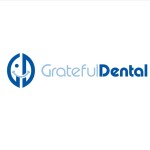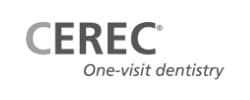If you’ve just learned that you are pregnant, you will be flooded with information on what to expect, what to do and what to avoid during the next nine months. In your mission to have the healthiest pregnancy possible, don’t forget about your oral health. In fact, neglecting your dental needs during pregnancy could even affect your baby. Studies show that there is a correlation between gum disease (like pregnancy gingivitis) and premature birth. One study in The Journal of the American Dental Association revealed that expecting mothers that had persistent or chronic gum disease were four to seven times more likely to give birth prematurely to underweight babies.
Pregnancy Gingivitis
When it comes to changes in a woman’s mouth during pregnancy, the gums are at the top of the list. Women may start to notice that their gums are redder, swollen and bleed easily. This is referred to as pregnancy gingivitis and usually begins in the 2nd month and peaks in the 8th month.
Pregnancy gingivitis is likely caused by increased hormone levels. Progesterone levels can be up to 10 times higher during pregnancy, which increases the growth of certain bacteria that causes gingivitis or gum disease.
Tooth Erosion
If you are unfortunate enough to experience severe morning sickness during pregnancy, than you may also suffer from tooth erosion. Frequent vomiting can cause the enamel on your teeth to erode. It is best to avoid brushing right away after you vomit, because the acid in your mouth will only further erode the teeth as you brush. Instead, rinse with a mixture of baking soda and water, or a mouth rinse.
Dry Mouth
Many pregnant women complain of dry mouth. Saliva is important to neutralize acids in your mouth and wash away bacteria. Therefore, try to boost your salvia production by chewing sugarless gum and drinking extra water.
Visiting your dentist for routine dental checkups and x-rays is not only safe during pregnancy but it is essential. Your dentist can diagnose and treat mouth symptoms much sooner and more effectively than you can. Remember that many oral health problems, such as gum disease are linked to your overall health. You are doing yourself and your baby a favor by scheduling that dental checkup promptly. The second trimester is often an optimal time to receive routine dental care. If possible, avoid major reconstructive dental procedures until after the baby is born.














